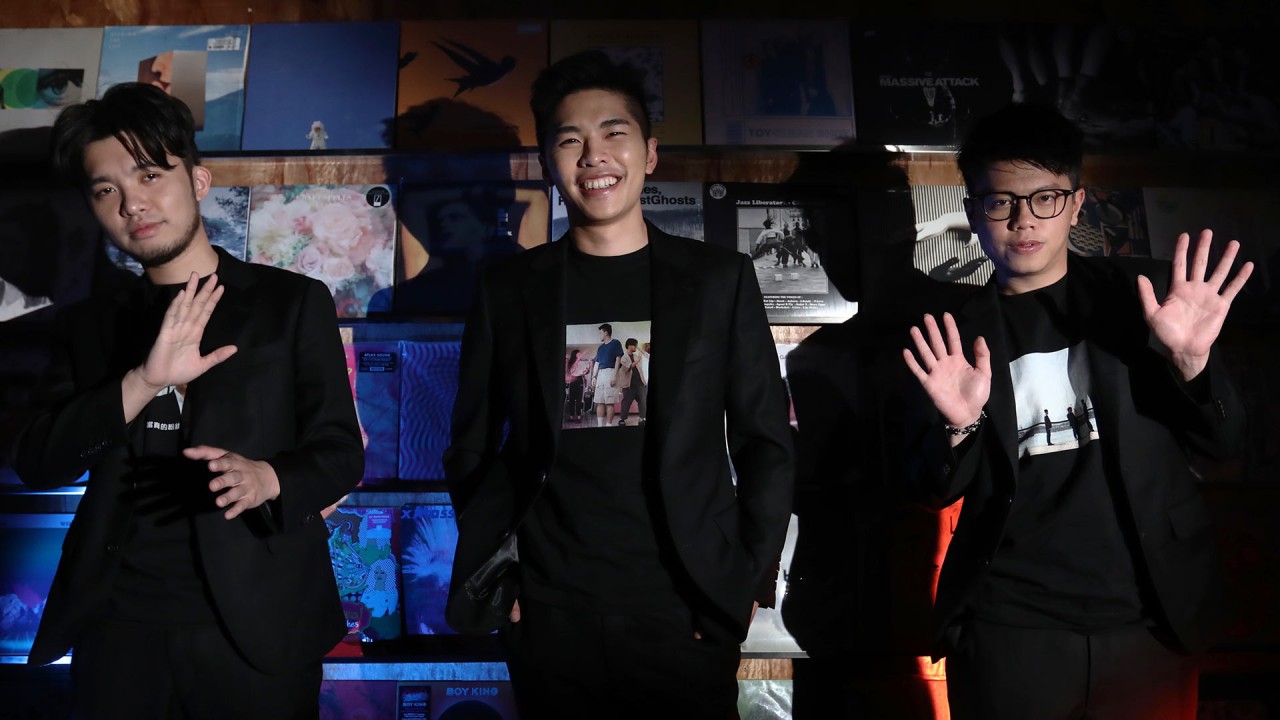
05:41
From online to onstage: Hong Kong YouTubers make a splash through Trial & Error
It’s no boy band, but Hong Kong’s Trial & Error scores success between ‘red lines’ with videos, parodies, songs
- With 350,000 followers and sold-out shows, trio say there’s still plenty of room to play and create
- Mood has changed in the city and Hongkongers are ready to be entertained again, YouTube stars say
When Hong Kong actor Neo Yau Hawk-sau co-founded the YouTube channel Trial & Error to create low-budget short videos, he never imagined it would become all the rage within just a year.
It is now one of the city’s most popular channels, with 350,000 followers who lap up the deadpan humour, slapstick comedy and songs dished out by Neo, 31, and his partners, Hui Yin and So Chi-ho, both 28 and YouTube stars in their own right.
Through comedy skits, parodies, music videos and game shows, the three give their take on the latest trends, interpersonal relationships and office politics, and produce spoofs of films and pop hits.
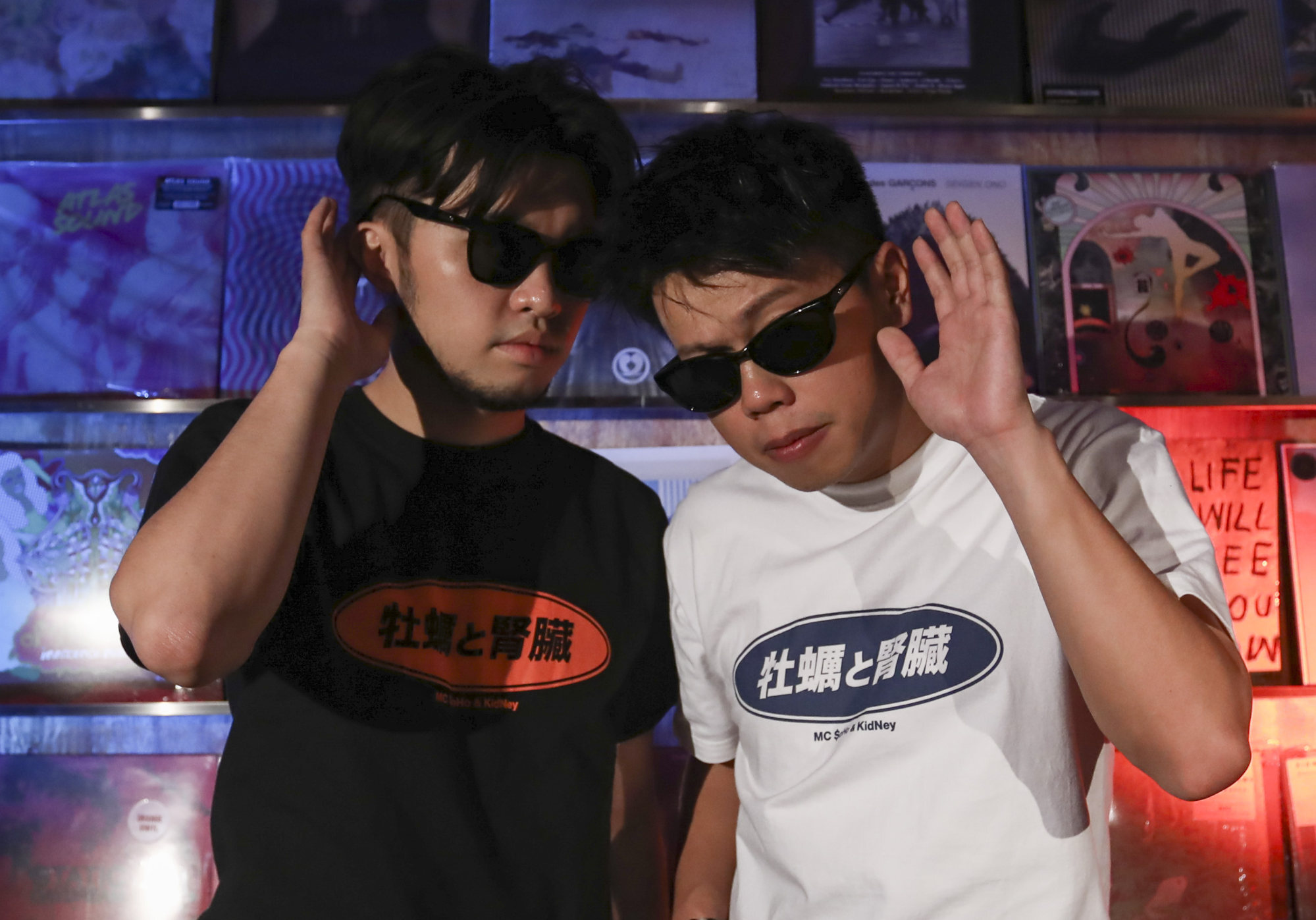
All Hong Kong born, Hui and So were schoolmates doing videos on YouTube when Yau contacted them to work together on a new channel. Yau mostly acts, while his partners, using the monikers KidNey and MC $oho, act and sing.
The trio staged two sold-out live shows in October.
Observers attribute their success to the comeback of the city’s creative industry, marked by the craze over Canto-pop boy band Mirror, after years marked by social unrest and the Covid-19 pandemic.
Instead of banking on the pop star appeal of pretty band boys, the Trial & Error team tapped on enthusiasm among fans for their anti-idol sarcasm and witty use of Cantonese slang.

The popularity of So and Hui’s rap song Hai Gum Sin La, which translates roughly as “see you later”, has exploded over social media since its debut in July and is tipped to bag music awards.
It has been the most-streamed Cantonese song on Spotify for weeks, racking up more than 4.3 million views on YouTube.
In their first interview with the English language media, the trio told the Post they believed their overnight success came at a time when Hongkongers craved more entertainment choices.
“Many people now want to be entertained,” says Hui, who also goes by the name KidNey. “The social atmosphere was so bad a few years ago, I was worried that no one would like our jokes. But it seems emotions have settled and people feel it’s time to have a laugh again.”
Young Hongkongers, fearing for their futures, flock to new Canto-pop stars
The music video accompanying Hai Gum Sin La features a lonely singer who wants to leave a party early while everyone else is still having fun – a nod to Hongkongers’ inner struggle over an ongoing wave of emigration.
The lyrics go: “Let me go first, that’s that. Let’s play again next time!” This has caught on with fans, mostly teenagers and young adults who have begun using it instead of saying: “Goodbye.”
So, who goes by the name MC $oho, says the plots of their skits might not have taken off in the past as they might have been considered too bold, but a change in local sentiment helped.
“The scene has been dull for such a long time that people are happy to see and support those willing to make a breakthrough,” he says.

Trial & Error rose to fame at a time when many in Hong Kong’s creative industry were worried about the creeping effect of the national security law imposed by Beijing last year, which resulted in a growing list of books and films being banned.
But the trio has managed to navigate the “red lines” of the new normal, considering it a challenge to put their creativity to the test.
“It’s all about how you pop in and out of the grey areas,” Yau says. “The grey area is where we survive. If we lose this space, between the red lines, then we quit. Or we die.”
Yau, who started his acting career in 2013 and gained fame starring in She Remembers, He Forgets two years later, believes local artists still have room to create.
Hong Kong passes bill to ban screening of films deemed threats to national security
“If we are in an environment that is too conservative and too safe, where nothing happens and everyone is happy, there is no fun for creators,” he says. “Poking around and being experimental is thrilling not only for us, but also for the audience.”
Although the situation in Hong Kong has become “relatively not so free”, he adds: “Ultimately, storytelling is about people. However society and the mood have changed, there is still a lot [of room] to play around with.”
Yau notes that the group’s storylines, packed with nonsensical gags, silly scenes and slapstick, are often interpreted by fans as metaphors for life in the city.
“Sometimes the audience is eager for direction, a clear explanation that a certain video points to a specific thing. We don’t want to do that, it’s too boring, and the space for imagination will be very small,” he says.
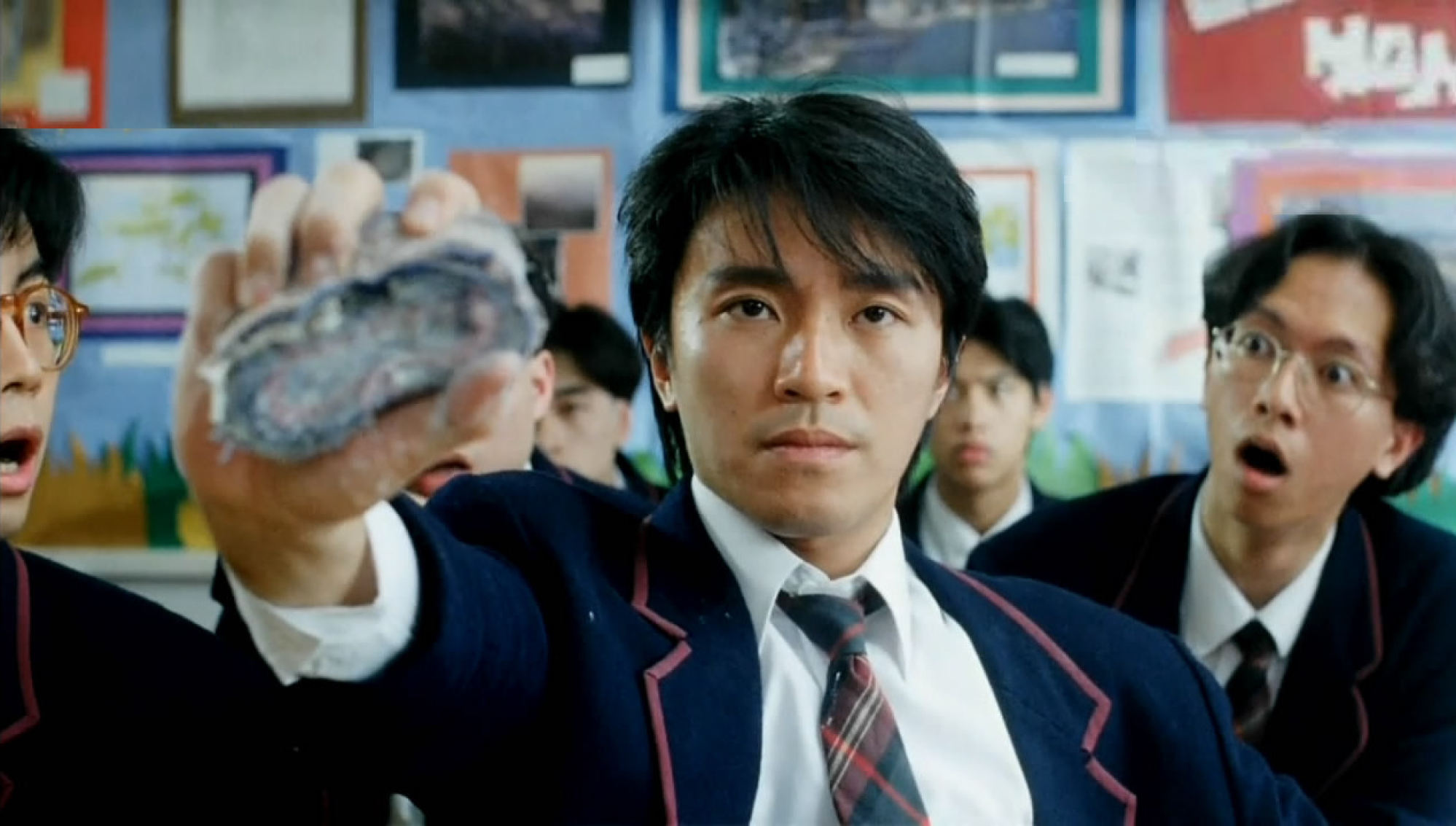
“To us, there may not necessarily be a political metaphor, many stories are just about small matters in daily life. The power of storytelling is in fables, which can point to many different events.”
Agreeing, Hui says: “We can’t be too obvious. We have to make people guess and make them keep wanting to guess. No matter what the environment is, we can still play like this for the time being.”
Maybe a film next, but no rush
Long before Korean boy bands like BTS conquered Asia and the world, Hong Kong had a golden era of exporting Cantonese films and music in the 1990s.
Prominent among them were films produced by “King of Comedy” Stephen Chow Sing-chi, whose hits have become synonymous with the phrase “mo lei tau” – loosely translated as “makes no sense” – something the Trial & Error team grew up with and considers a source of inspiration.
“On the internet, being funny is an indispensable element,” Yau says.
If “playfulness” crops up often in conversation with Yau, Hui and So, it is because it is their approach to their work.
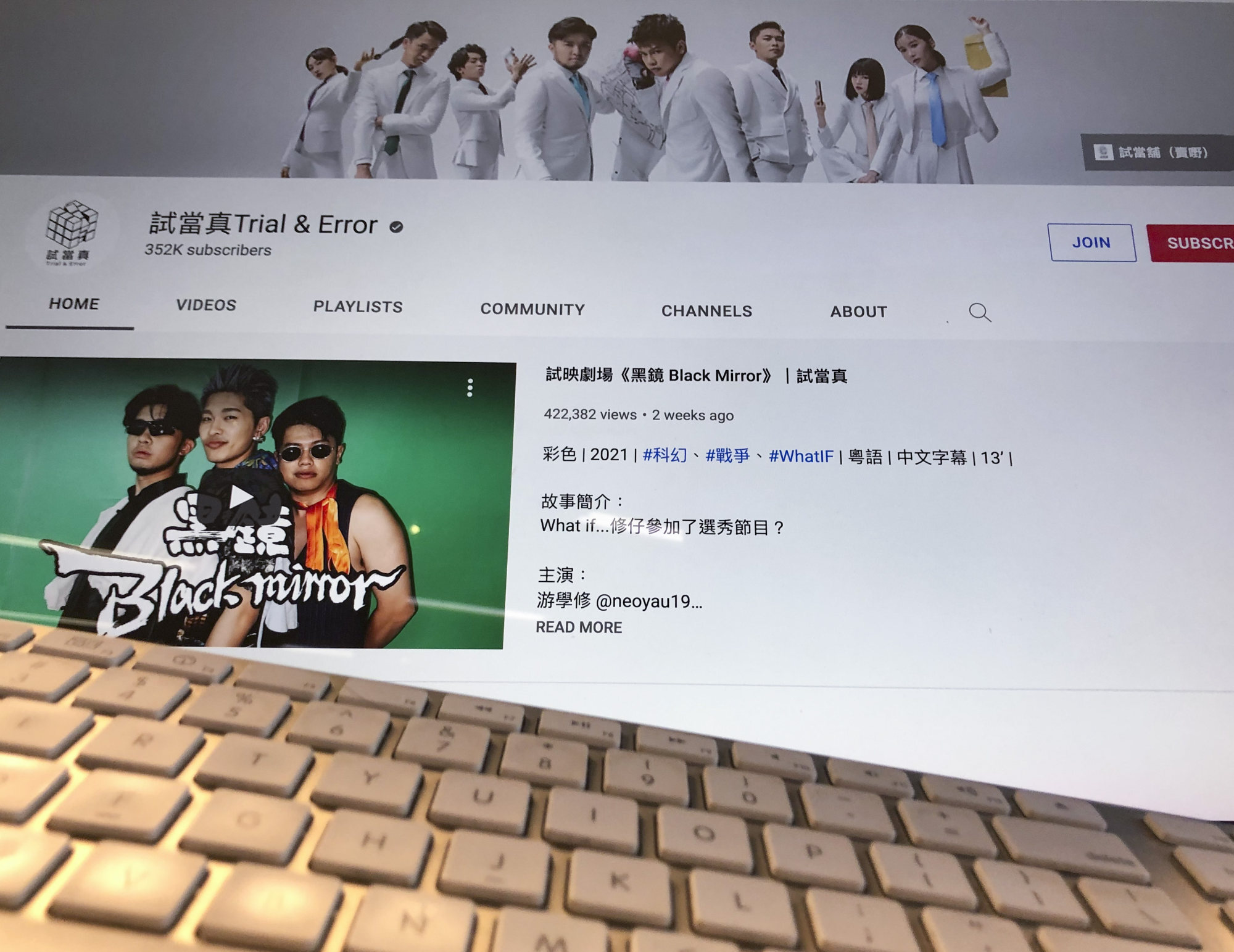
The lyrics and music video of their latest song, Black Mirror, for example, are clearly meant to poke fun at the 12-member Hong Kong boy band, Mirror.
“They’re here. They’re here. You see them everywhere,” the song goes, mocking how the faces of band members are plastered all over billboards, buses and MTR ads.
So and Hui have fun suggesting that they ought to be in the crowd of idols too, singing: “There shouldn’t be only 12 handsome men in the world. There should be at least 14.”
The pair, better known for their dry humour and wit than their looks, say they do not mind criticism and howls of ridicule from the band’s fans, as long as their efforts help the local music scene grow.
“No matter if we’re doing a show or shooting a film, there are audience members who say they are happy to see a group trying to make a breakthrough and this kind of happy energy is infectious,” So says.
The new kings of Canto-pop: what you need to know about Mirror
In October, Trial & Error decided to test their offline success by holding two live shows at the 3,600-seat Star Halls venue to mark their first anniversary. Tickets sold out in just four days.
Sales were done Dutch auction style, with prices set at HK$10,000 on the first day, HK$5,000 the next day, HK$2,000 the day after, with the promise of being just HK$10 on Day 24.
Day 1 saw 13 tickets sold for HK$10,000 before four went for HK$5,000 the next day. All were sold by Day 4, when the ticket price was $800.
Although the total sold was not disclosed, market insiders speculated that the group raked in more than HK $5 million from ticket sales alone.
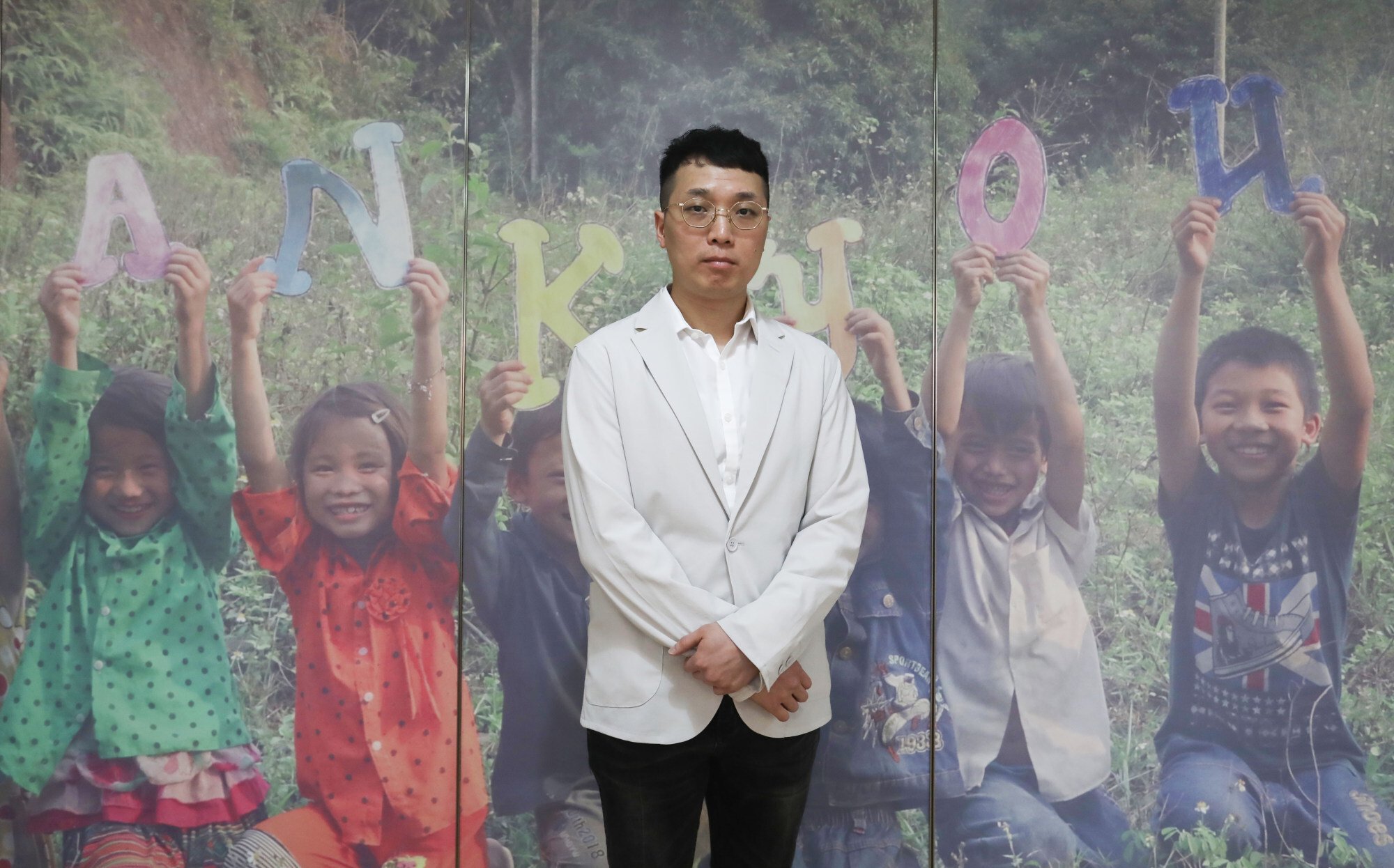
Gary Tang Kin-yat, assistant professor of social science at Hang Seng University of Hong Kong, says while Trial & Error’s videos have struck a chord with residents’ funny bone, the group’s success is also the result of years of hard work and experimentation with different platforms before forming the current team.
“They have produced some high-quality works that are excellent in plot and humour, as well as film-making techniques and use of language,” Tang says, adding the group’s efforts finally paid off at the right time.
Trial & Error’s fun approach towards topics that would otherwise be too heavy or awkward to bring up in daily conversations has resonated with the public, says Peter Chan Kin-yan, a psychologist and managing director of consultancy firm Treehole HK.
“Their stories or parodies often use metaphors or employ a clever, self-mocking way to discuss an embarrassing topic, which ... puts people at ease. In a way, the messages in their comedies appeal to our inner fears and desires,” he said.

The trio admit they did not expect the big response to their live show.
“I never thought we could achieve this a year ago, and did not expect it even a month before the show,” Hui says.
What happens next? Yau says the group will not be limited to their YouTube channel and he sees a film on the horizon, but there is no need to rush.
“I want to do the film, but that goal is still too far ahead for us. We need to take things step by step,” he says.
“With the support of our fans, I’d say we are now in a lucky position to try a lot of different ideas. Compared to the days when we had no people and no money, we now have more opportunities to practise.”

